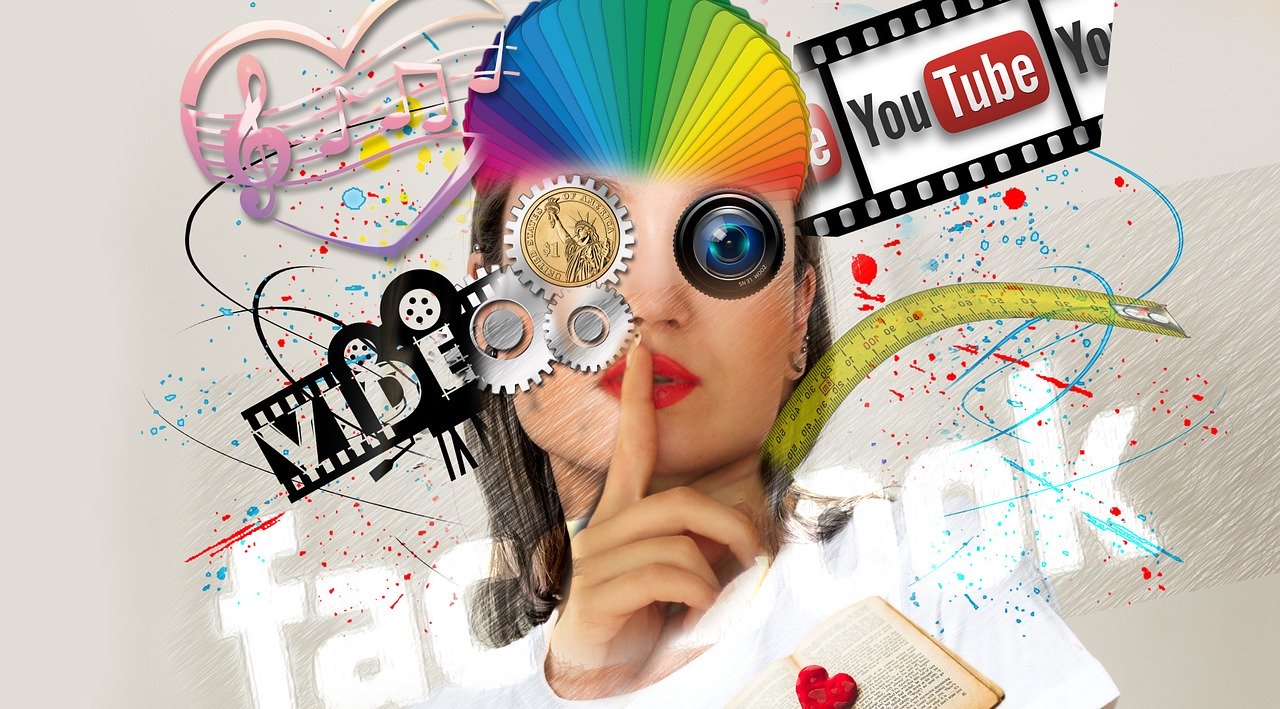Throughout this blog, you will see us talking back – to media, to social media, to the “powers that be.”
Media Madness
If there’s one thing I learned when writing Sylvie Denied, reinforced greatly by events happening around the world right now, it’s that it’s not enough to be a silent passenger. WE NEED TO TALK BACK.
We all have the capacity to see with our own eyes and hear with our own ears. We have rational minds to help us understand the world. We are always able to question.
At the same time, we live among individuals in a world full of diverse ways of doing, seeing, hearing and being. Over the ages, humans have joined together with others who do, see, hear and live in ways similar to themselves. We are used to the idea that we derive our identities partly from those around us and think of ourselves as the sum of information like race, place, gender and history. By choosing what we identify with, we also exclude other possibilities.
The media circulate particular information and representations. Positioned between us and the world, they mediate reality, giving frameworks for interpretation and shaping our perceptions. We usually don’t notice how mediated information is represented — it starts to seem natural.
Those with economic and political power are usually the ones who own major commercial media in the United States today, especially since the mergers that began in the 1980s. Their voices dominate how social phenomena are represented: They determine who are the good guys and bad guys, what are the best ways to live our lives, what are the proper values.
These notions appear time and again in the stories that circulate, as well as in who gets to tell the stories and how they are told. The ideas and beliefs that keep these groups and individuals in power — their ideology — are replicated in their stories. Thus the dominant media voices in the U.S. tell stories containing the values of those on top, those with the most money and power, who are interested in keeping things the way they are. In other words, they don’t want to include stories critical of their status quo values.
When you define yourself in terms that come from somewhere and someone else and in ways you may not particularly like — often from mediated messages that are designed to sell products that encourage you to conform with a particular way of seeing the world — then you feel the weight of the culture.
Power is always negotiated. By accepting the mediated views and messages that try to tell you who you are, you’re giving up the power to define your own self. Not only can you talk back to the media, you can consciously become aware that you’re an active participant of culture creation.
Next up: We’ll talk back to the powers of the new social media. Is it really democratized or are you again being spoon-fed messages?

